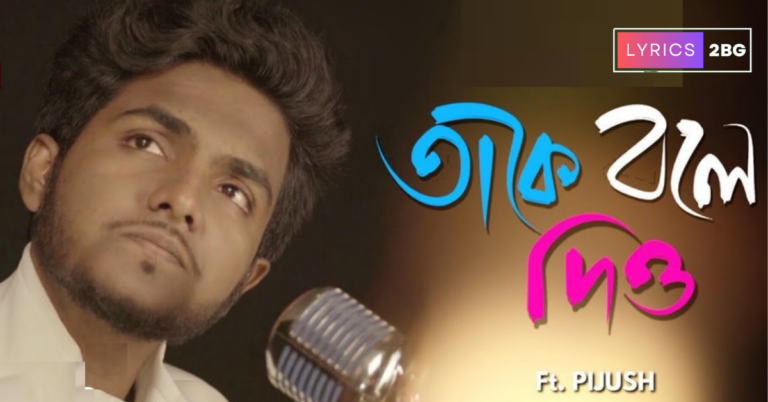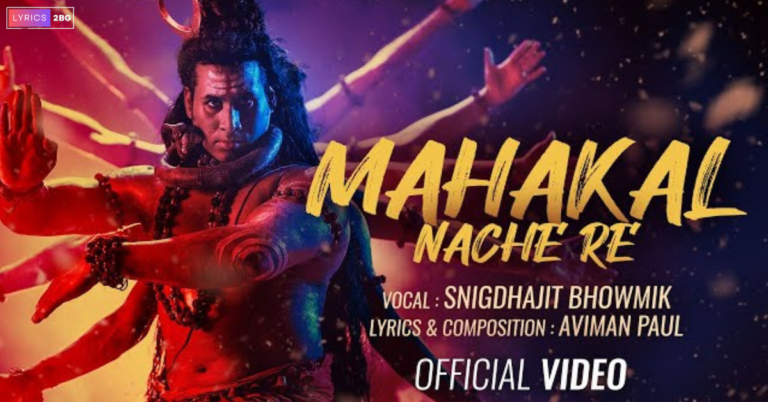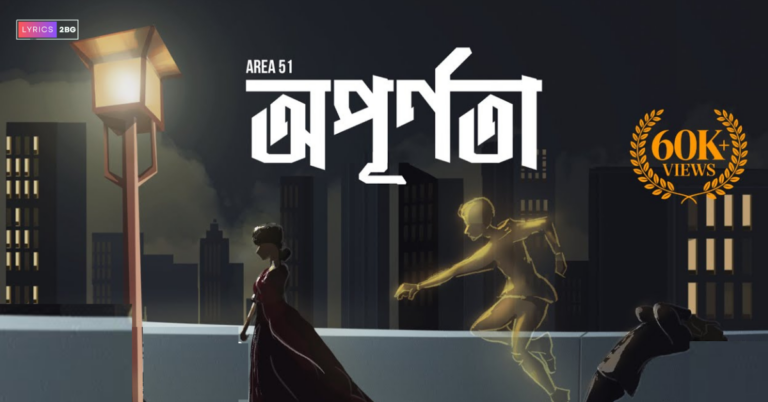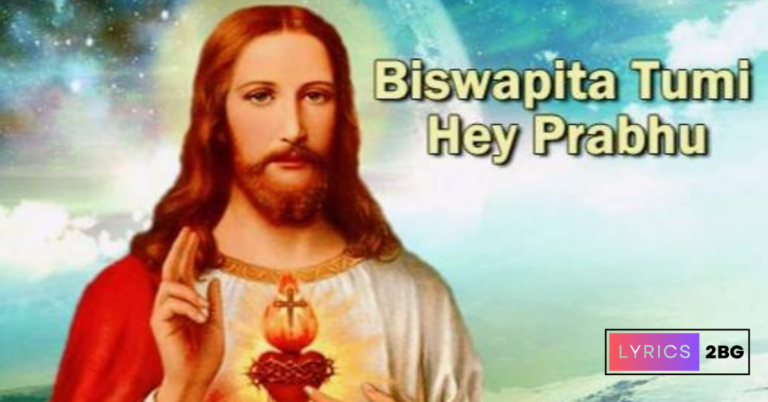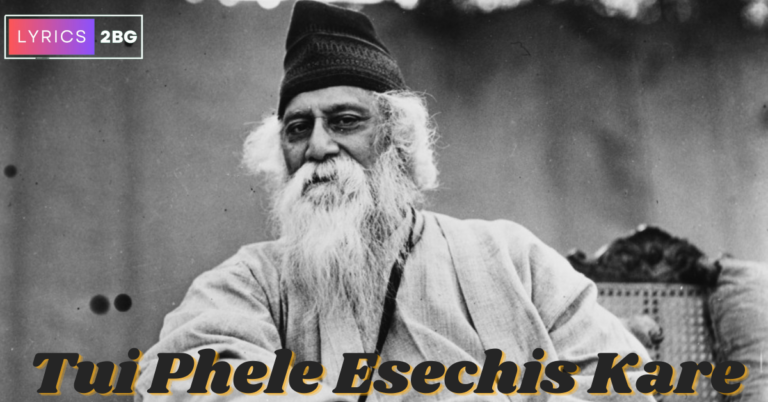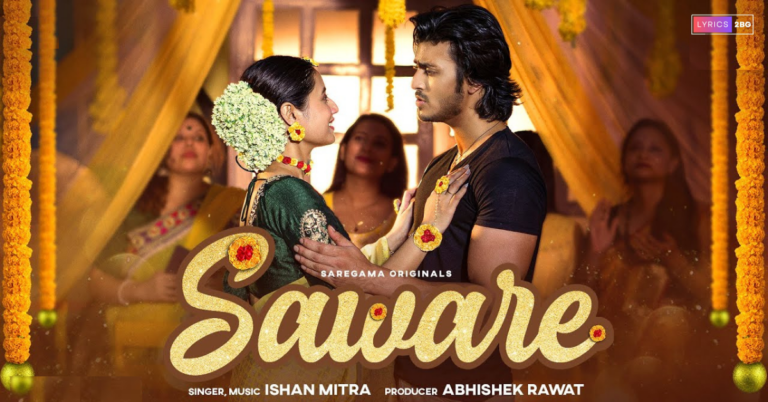Sei Raate Raat Chilo Purnima Lyrics | সেই রাতে রাত ছিল পূর্ণিমা | Kishore Kumar
Sei Raate Raat Chilo Purnima Lyrics
সেই রাতে রাত ছিল পূর্ণিমা
রঙ ছিল ফাল্গুনি হাওয়াতে,
সেই রাতে রাত ছিলো পূর্ণিমা
রঙ ছিলো ফাল্গুনি হাওয়াতে,
সব ভালো লাগছিলো চন্দ্রিমা
খুব কাছে তোমাকে পাওয়াতে।
মন খুশি উর্বশী সেই রাতে
সুর ছিলো গান ছিলো এই প্রাণে,
ঐ দুটি হাত ছিলো এই হাতে
কি কথা বলছিলে মন জানে।
সব ভালো লাগছিলো তুমি ছিলে তাই
মন ছিলো মনেরই ছায়াতে।
সেই রাতে রাত ছিল পূর্ণিমা
রঙ ছিল ফাল্গুনি হাওয়াতে।
জুজু জু জু..
রাত আসে রাত চলে যায় দূরে
সেই স্মৃতি ভুলতে কি আজ পারি,
পুরানো দিন আছে মন জুড়ে
ভালোবাসা হয়েছে ভিখারী।
ধূপকাঠি মন জ্বলে একা একা তাই
সেই তুমি নেই তুমি নেই সাথে।
সেই রাতে রাত ছিল পূর্ণিমা
রঙ ছিল ফাল্গুনি হাওয়াতে,
সব ভালো লাগছিল চন্দ্রিমায়
খুব কাছে তোমাকে পাওয়াতে।
Meaning of Sei Raate Raat Chilo Purnima Lyrics
Sei Raate Raat Chilo Purnima lyrics appears to be a romantic and nostalgic composition that reflects the feelings and memories associated with a particular night, presumably a full moon night in the month of Falgun (the last month of the Bengali calendar), which is often associated with the celebration of love and spring in Bengali culture.
Sei Raate Raat Chilo Purnima lyrics describe a beautiful night of the full moon in the month of Falgun (February/March in the Bengali calendar) and the singer’s longing to be with their beloved. There is a remarkable sense of happiness and contentment in the singer’s descriptions of this night, with the moonlight and the music adding to the euphoria of the situation.
Among all the other aspects of the song is the description of the warmth and comfort that comes from holding hands with a loved one and feeling their presence. The song describes the enchanting atmosphere of that night, with the full moon and the gentle Falguni breeze creating a beautiful ambiance. It portrays a sense of happiness and elation in the heart, as the moon was very close, possibly indicating a sense of proximity or intimacy with a loved one.

Sei Raate Raat Chilo Purnima Lyrics also depict a sense of joy and togetherness during that night, with sweet music and words being shared between two people. The mention of hands symbolizes a connection, where unspoken words are understood through a silent touch.
However, the song also touches upon the bittersweet feeling of nostalgia and longing. As the night fades away, the memories of that beautiful night become distant, and the speaker is left with the yearning for the presence of their beloved once more. The reference to “সেই তুমি নেই” (Sei Tumi Nei) emphasizes the absence of the beloved, creating a sense of emptiness and longing.
In summary, Sei Raate Raat Chilo Purnima lyrics is a reflection on a magical night filled with love and togetherness, which has now become a cherished memory, leaving the speaker with a sense of longing and nostalgia for the presence of their beloved. It celebrates the beauty of that particular night and the emotional impact it had on the speaker’s heart and soul. Overall, the song is a beautiful and romantic expression of the joys of being in love and the longing to be with one’s beloved.
About the Author of the Song
Sei Raate Raat Chilo Purnima lyrics was written and composed by music legend Hemanta Mukherjee. There are many genres in which he was an artist, including Bengali and Hindi film music, Rabindra Sangeet, and many others. There are two National Excellence Awards for Best Male Playback Singer that he received as a result of performing under his own name and he was also known as “The Voice of God. Throughout the years, several artists have covered the song, and it has become a classic.

Hemanta Mukherjee was a hit during his era but there were other artists as well whose soulful songs made our hearts flutter. Some of the honorable artists are Manna Dey, Lata Mangeshkar and Aasha Bhosle. Sei Raate Raat Chilo Purnima lyrics was released in 1986 and has won the hearts of millions of Bengalis since then. All the old generation people have this song in their favorite list including my family members. The legend has given us many soulful songs that we still love to hear.


